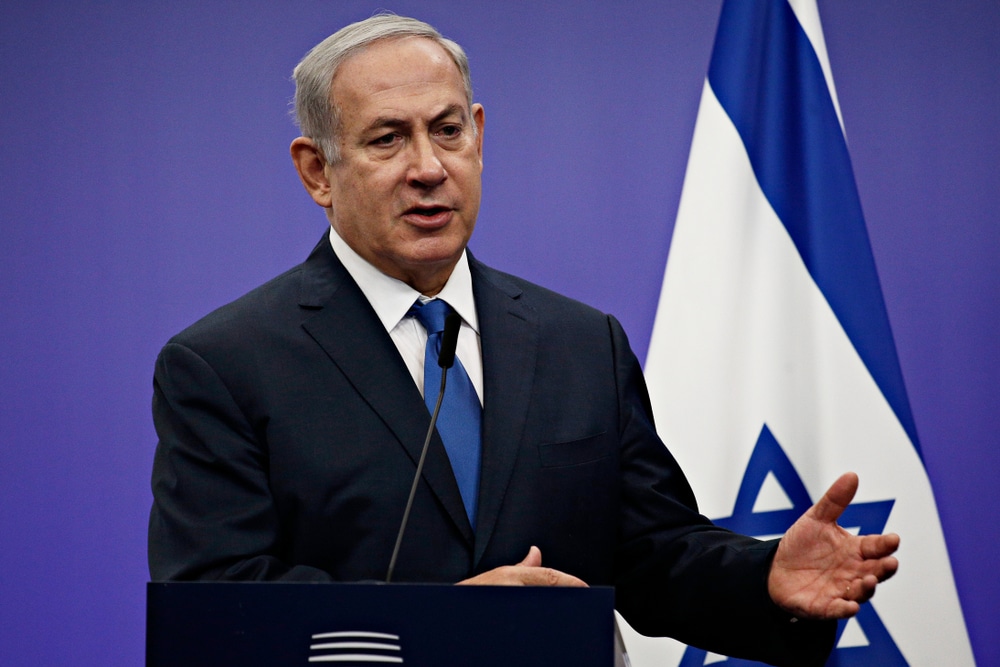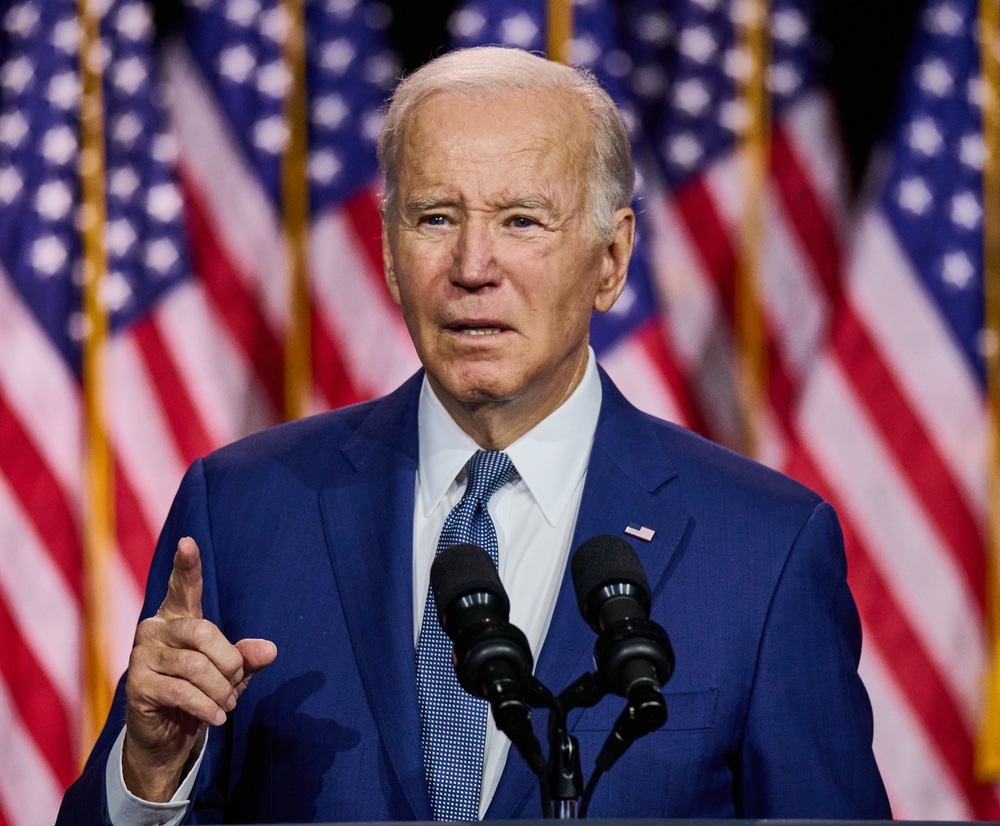One of the men, a young Briton known for his hawkish views on China, worked as an aide to a prominent member of the British Parliament. Another, a German citizen of Chinese descent, was an assistant to a member of the European Parliament representing Germany’s far right.
While from different countries and seemingly divergent backgrounds and outlooks, both men became ensnared this week in accusations of espionage on behalf of China — and a widening pushback in Europe against malign Chinese influence in politics and commerce.
In all, six people in three separate cases have been charged this week in Europe with spying for China: two in Britain and four in Germany.
On Friday, as the two Britons made an initial court appearance in London, the U.S. secretary of state, Antony J. Blinken, met in Beijing with China’s leader, Xi Jinping, in the latest effort by the two rivals to keep communications open even as disputes escalate over trade, national security and geopolitical frictions.
The espionage cases in Britain and Germany, the first of their kind in two countries that once cultivated warm relations with Beijing, served as eye-catching exclamation points in Europe’s long, often anguished breakup with China.
Shortly after British and German officials announced that six of their citizens had been charged with espionage, the Dutch and Polish authorities on Wednesday raided the offices of a Chinese security equipment supplier as part of a crackdown by the European Union on what it sees as unfair trading practices.
It was the first time that the bloc’s executive arm, the European Commission, had used a new anti-foreign subsidy law to order a raid on a Chinese company.
In early April, Sweden expelled a Chinese journalist who had lived in the country for two decades, saying the reporter posed a threat to national security.
After years of regular tiffs over trade followed by reconciliation, Europe “has lost patience with China,” said Ivana Karaskova, a Czech researcher at the Association for International Affairs, an independent research group in Prague, who until last month served as an adviser to the European Commission on China.
China still has steadfast friends in the European Union, notably Hungary, she added, in “the multidimensional chess game” between the world’s two largest economies after the United States.
But Europe, Ms. Karaskova said, has moved from a “total denial” position in some quarters over the danger posed by Chinese espionage and influence operations to “take a less naïve view, and wants to defend European interests vis-à-vis China.”
Accusations this week that China was using spies to burrow into and influence the democratic process in Germany and Britain caused particular alarm, as they suggested a push to expand beyond already well-known, business-related subterfuge into covert political meddling, something previously seen as a largely Russian specialty.
But, according to China experts, those accusations and the flurry of charges this week indicated not so much that Beijing was ramping up espionage but that European countries had stepped up their response.
“Countries have been forced to get real,” said Martin Thorley, a British China expert and author of “All That Glistens,” a forthcoming book detailing how what London trumpeted a decade ago as a “golden era” of Sino-British friendship during the premiership of David Cameron made it easy for China to suborn politicians and businesspeople. The “golden era” has been widely mocked as a “golden error.”
Mr. Cameron, who is now Britain’s foreign secretary, has in recent months become an outspoken critic of China. “A lot of the facts changed,” he said during a visit to Washington in December, declaring that China had become “an epoch-defining challenge.”
His change of heart mirrors a wider shift across much of Europe in attitudes to a rising superpower that long counted on European countries, particularly Germany, to push back against what it denounces as “anti-China hype” emanating from Washington. (READ MORE)

















